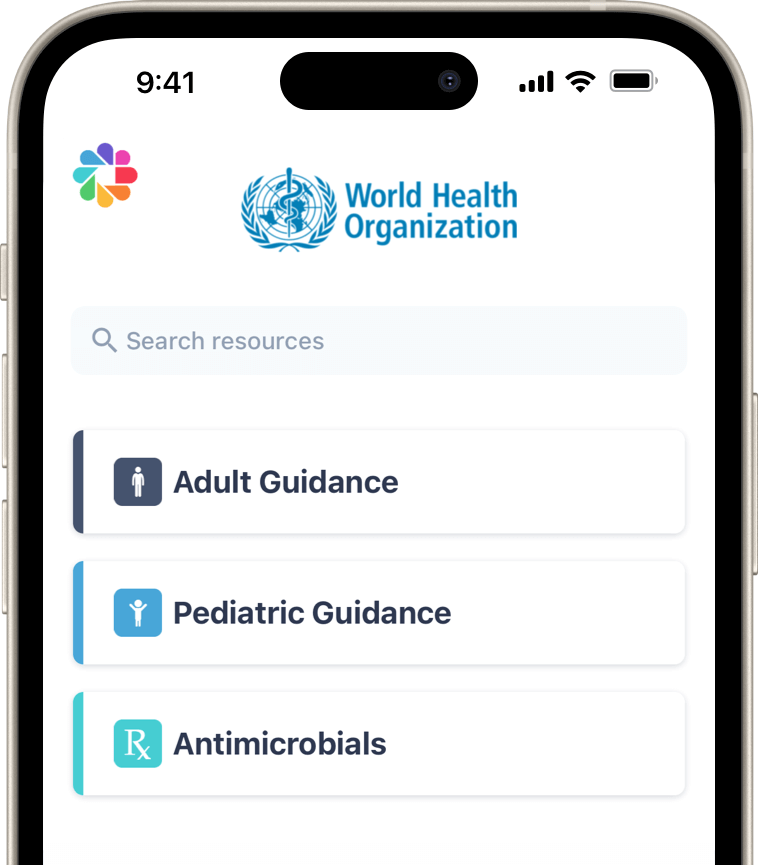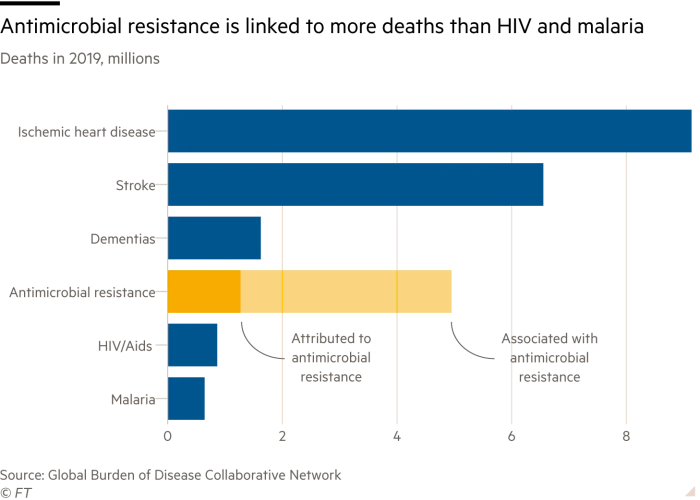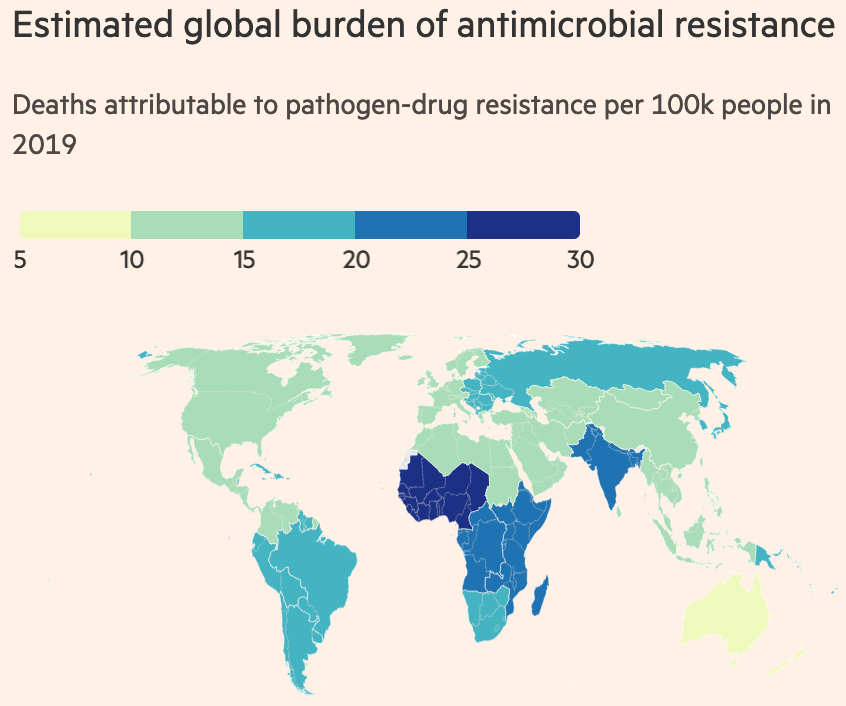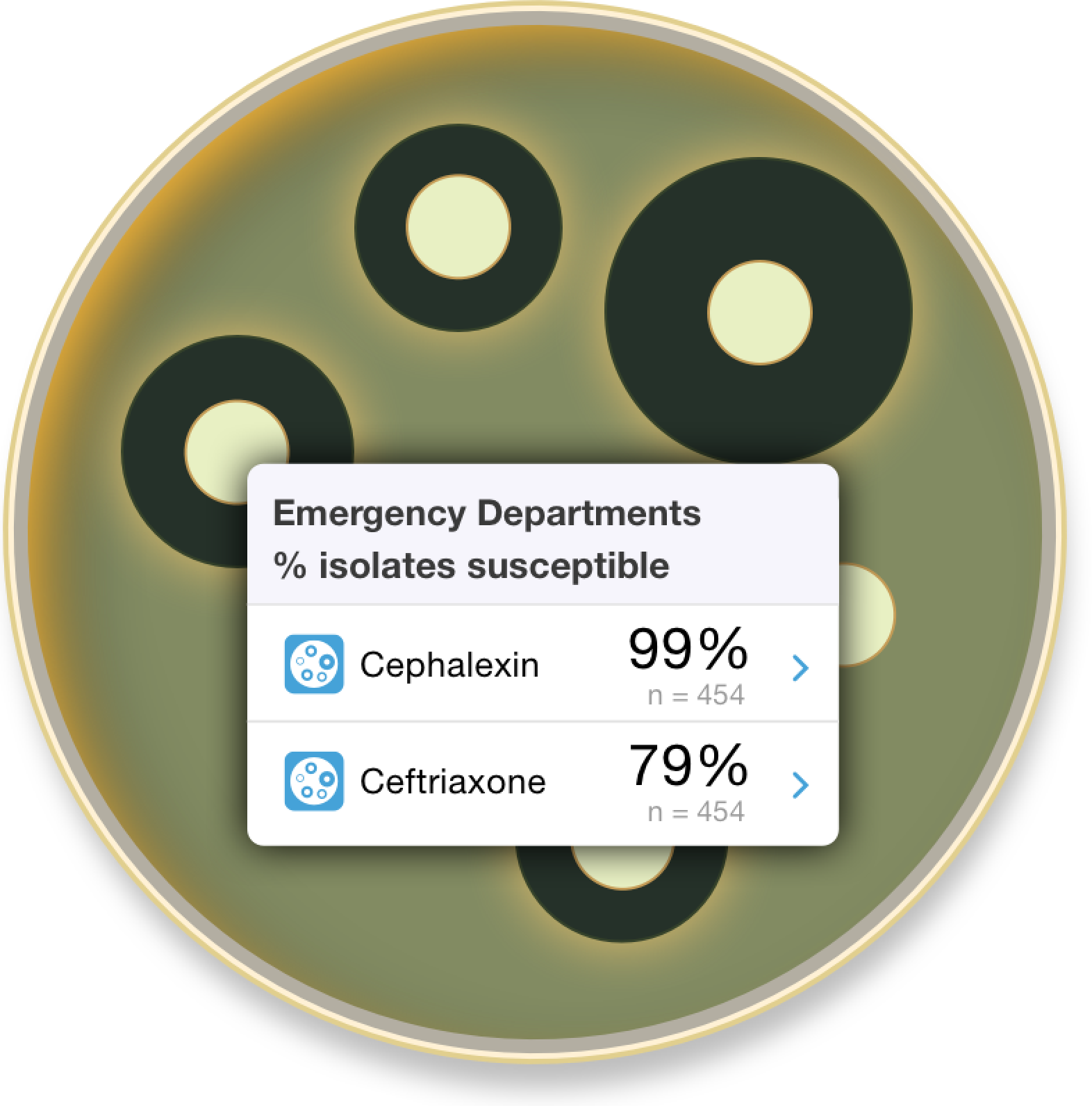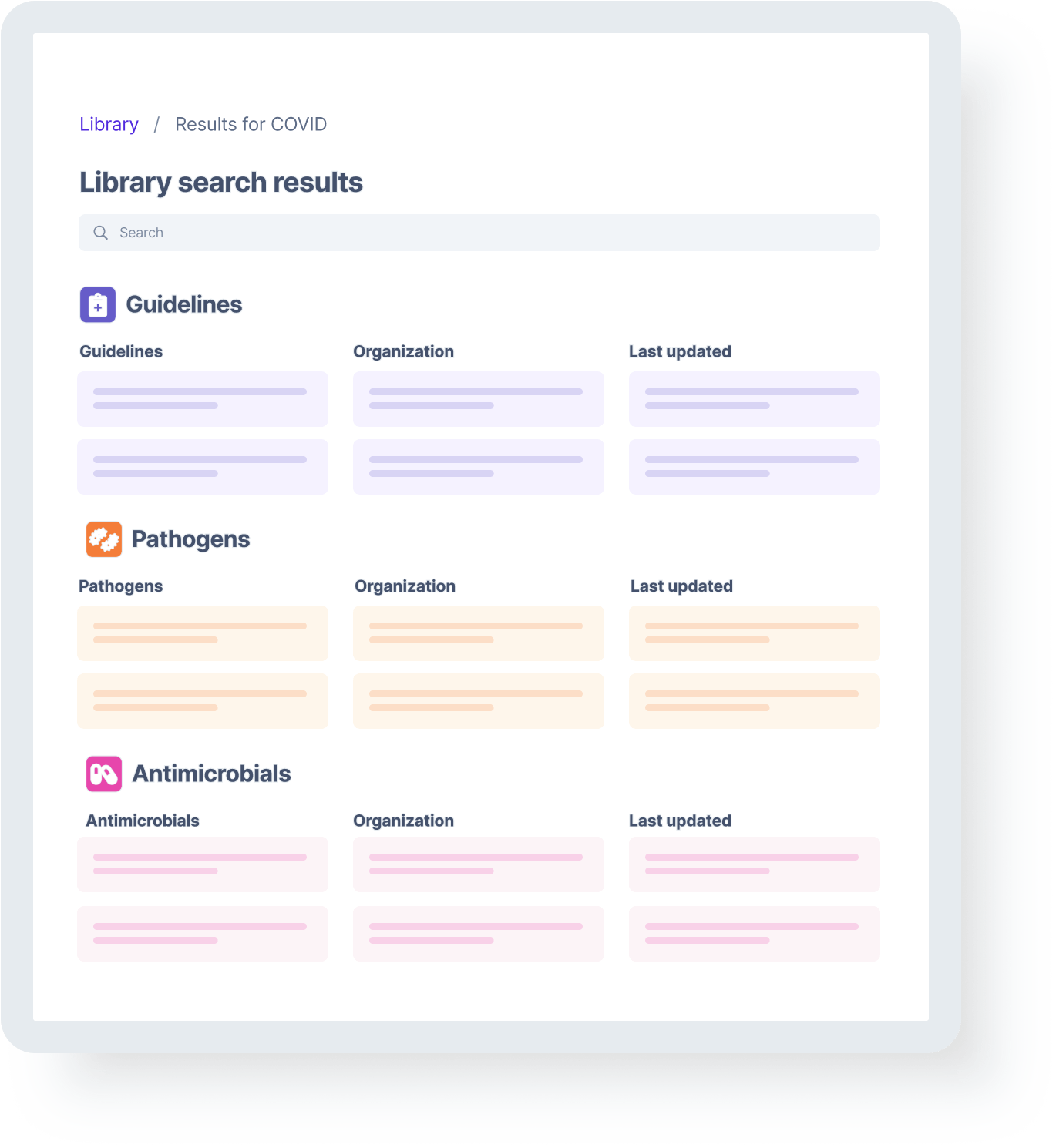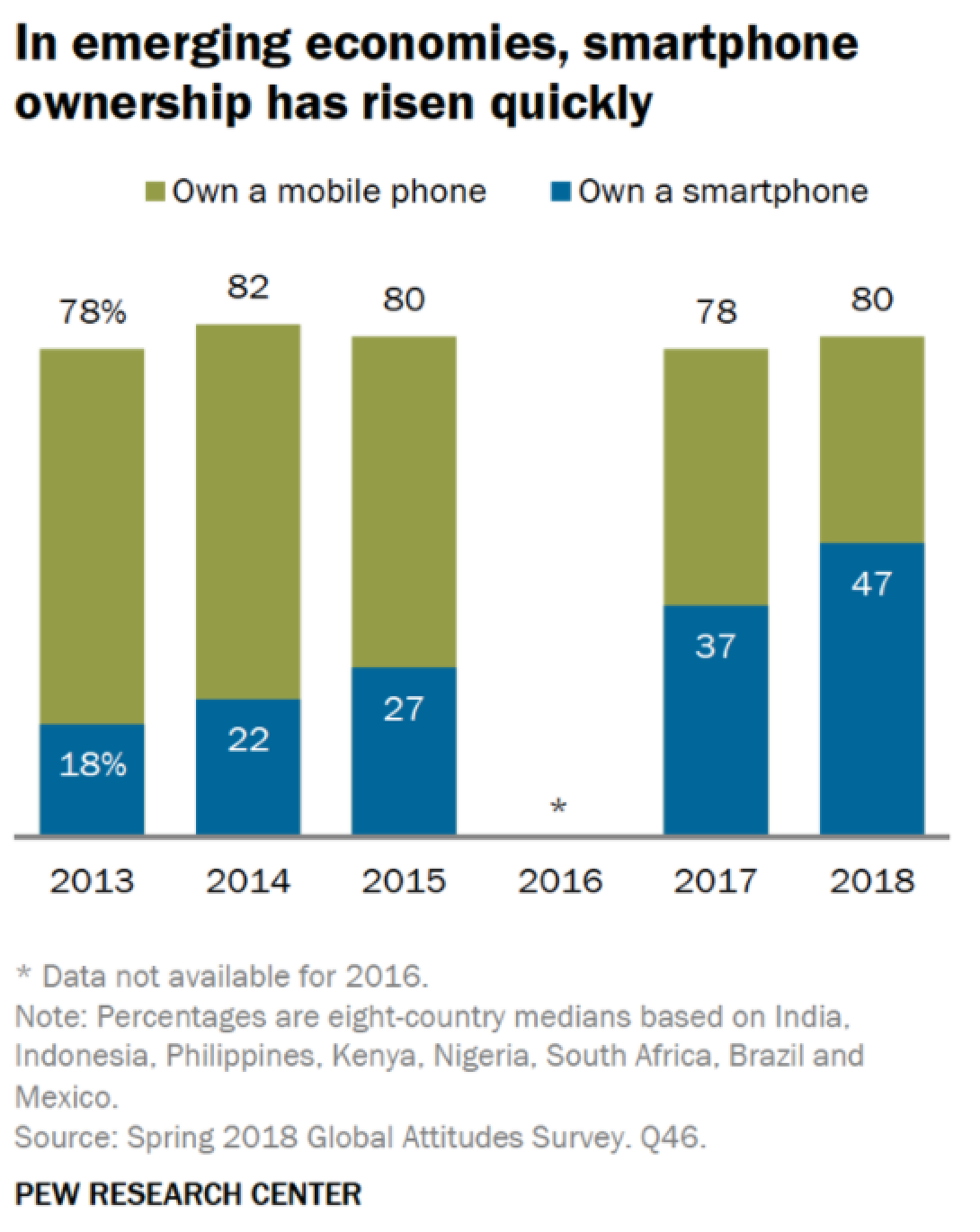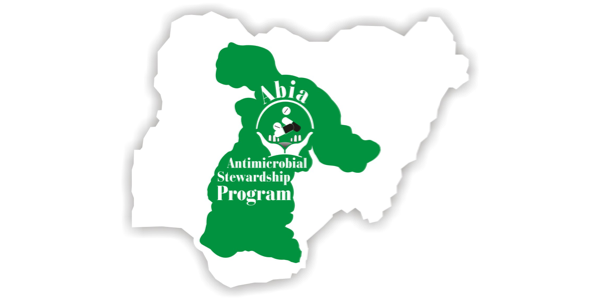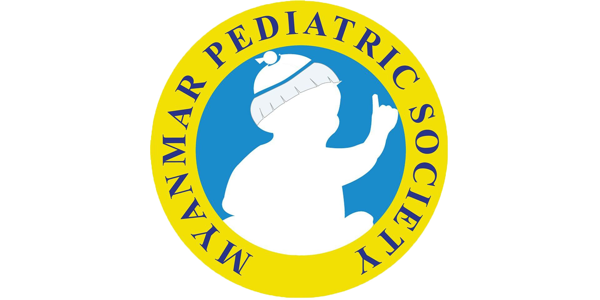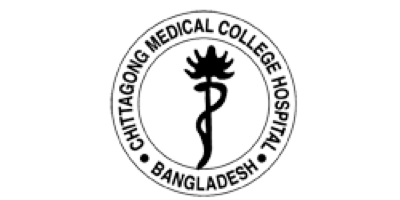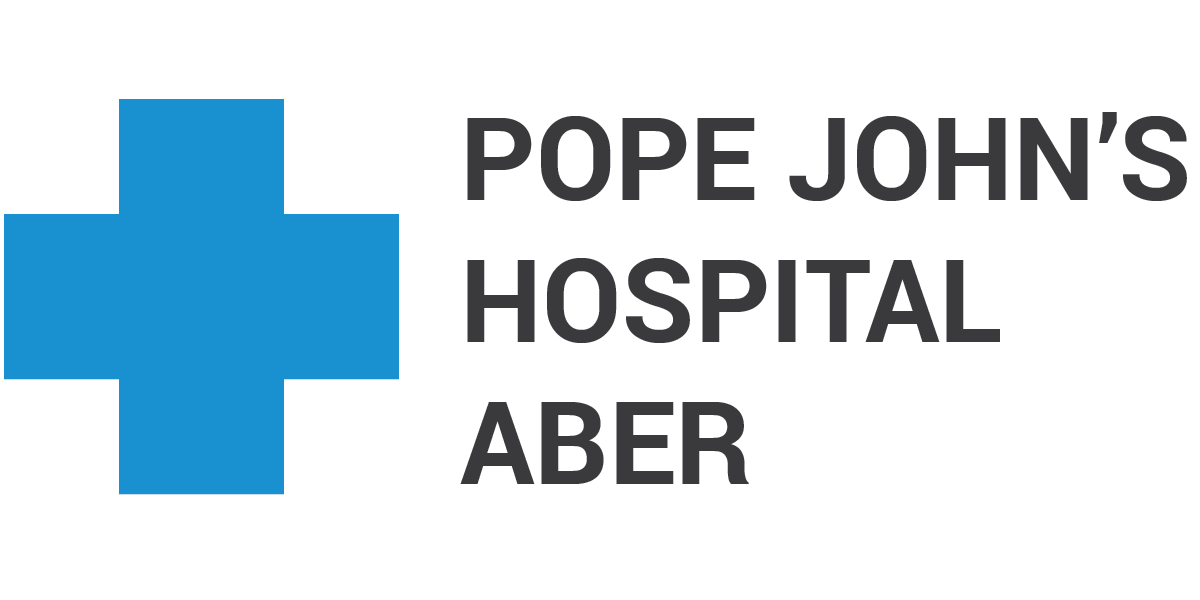WHO AWaRe Guidance
The World Health Organization AWaRe Antibiotic book is a new gold standard resource to help countries fight against antimicrobial resistance (AMR), guiding health professionals in selecting the best antibiotics for their patients.
Firstline has partnered with the WHO to give health professionals around the world free, unprecedented access to the best antibiotic knowledge.
If you are a healthcare provider, download and use the guidance today.
For global health professionals, governments and policy-makers, learn how this project transforms access to the very best clinical knowledge on AMR, and your ability to have local impact.
